
- This event has passed.
November 15, 2024 @ 7:00 am - 5:00 pm
2024 BCBEC CONFERENCE & AGM PRESENTATIONS:
Follow this link for PDF files from this event:
2024 Conference & AGM Presentations
RENEW RESTORE REINVENT
EXTENDING THE LEGACY OF EXISTING BUILDINGS
Friday, November 15th, 2024
JW Marriott Parq
39 Smithe Street
Vancouver, BC
7:00 am – 5:00 pm
Updated January 10, 2024 11:00am
2024 BCBEC CONFERENCE & AGM Full Program
Click on picture for larger view (pdf)
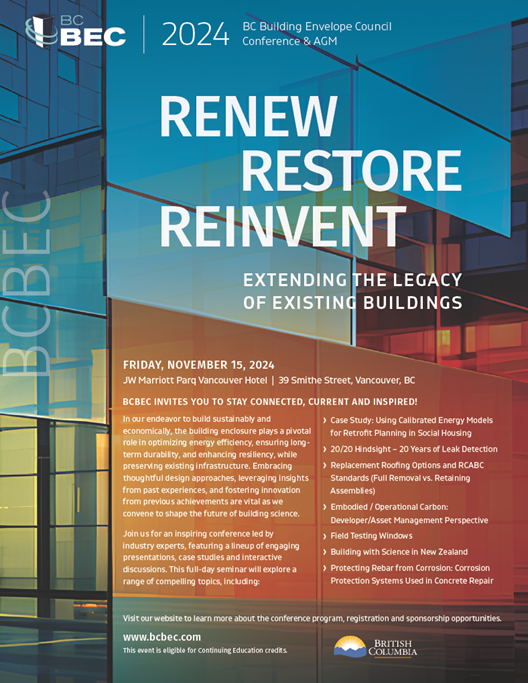
2024 BCBEC CONFERENCE & AGM Schedule
Click on picture for larger view
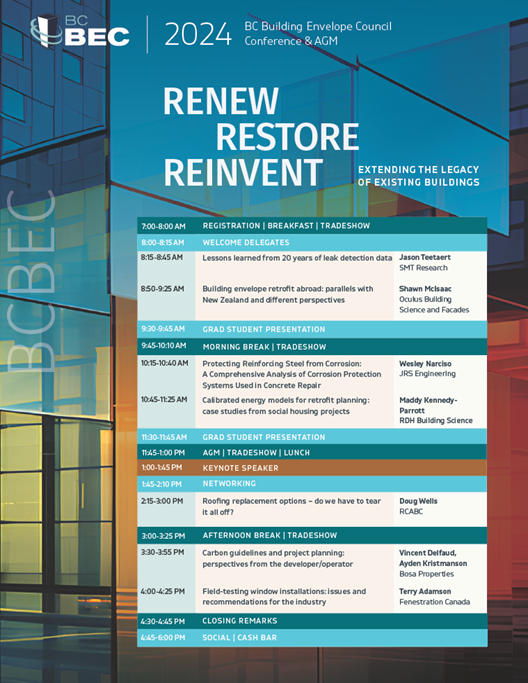
Speakers Information and Conference Presentation Summaries
8:15 – 8:45am

Jason Teetaert, President
SMT Research
Jason contributes a huge part of his successful transition from electrical engineering to building science to BCBEC. He gained invaluable insight from volunteering on BCBEC board of directors for 10 years, connecting with leading building enclosure experts at events that become colleagues, clients, and friends.
Jason currently leads SMT with the largest team of technical people in the area of construction leak detection systems in the world. He has contributed to over 11 patents in the area of; hybrid wired/wireless data acquisition systems, leak detection solutions for inverted plaza deck assemblies and for moisture detection in conventional roofing and mass timber structures.
SMT has systems installed in the historic castles in Slovenia, Manhattan’s convention center – the Javits Center, covered bridges of Iowa, schools in New Zealand and mass timber buildings in Australia. The SMT technology is being used in every state in the USA, and on six of the seven continents.
Locally the SMT team is involved in the Vancouver “Signature Projects” – recent projects include UBC Museum of Anthropology, Vancouver House, The Post, and Oakridge Park (mall redevelopment). Beyond buildings, Jason has worked with Tesla on condensation sensors, US Navy for submarine prop transmission leak detection systems, and Atomic Energy Industry in the monitoring of heavy water contamination.
Jason achieves a work/life balance by simply mixing the two – have fun at work, and work at fun (don’t get him started on this topic!). He supports his family in their careers and in school endeavours, takes on gravity fed west coast sports like skiing, mountain biking, hiking, paddling and sharing stories around a campfire with friends.
Presentation: Lessons learned from 20 years of leak detection data
Where is the “pain” in the construction industry?
How are your plaza decks performing?
How are your roofs performing?
How are your walls performing?
Do you want to know?
The content will focus on the results from automated monitoring systems for conventional, inverted roof assemblies, existing wall systems as well as timely information on monitoring mass timber.
8:50 – 9:25am
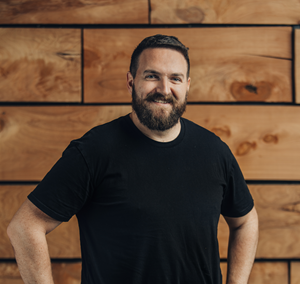
Shawn McIsaac, CPEng (NZ, Aus), P.E. (WA), P.Eng (BC)
Director, Senior Building Enclosure Engineer
Oculus Building Science and Facades
Shawn McIsaac is a Building Enclosure Engineer specialising in the evaluation and design of building window, wall and roof systems on buildings of all types. Shawn prides himself on working with clients through difficult and unique building envelope challenges.
Shawn started Oculus in 2018 in Auckland. He brings a wealth of knowledge from previous overseas experience in the Pacific Northwest of US and Canada.
Shawn is a Chartered Professional Engineer in New Zealand, Canada (BC), US (WA) and Australia.
Presentation: Building envelope retrofit abroad: parallels with New Zealand and different perspectives
At face value New Zealand and Canada have a lot in common however construction methodologies are not one of those things. While science is applicable everywhere, the norms, standards and philosophies offer a unique culture challenge for those working abroad.
Shawn will share the good, the bad and the ugly of his time overseas as founder and technical director of NZ largest building science company, Oculus. He’ll highlight some of the good ideas BC can adopt in improving its existing building stock and how the expertise that has been developed in BC with building enclosures and building science could be applied beyond BC’s borders.
10:15 – 10:40am

Wesley Narciso, M.Eng, P.Eng, FEC, CRP, PRA
JRS Engineering
Wesley is a Principal and Division Manager at JRS with a background in Materials Engineering and a Master’s Degree in Building Science. He has provided engineering and consulting services for almost 24 years in Canada and the US. Previous to building envelope consulting, he worked in a metallurgical engineering and consulting firm focusing on failure analysis and corrosion, which has been beneficial in assisting with structural assessments, fastener failure investigations and concrete repair projects. This unique background has allowed Wesley to provide corrosion and material failure related legal support, as well as the production of hundreds of failure investigations and targeted/full scale, building/property assessments and reports. Wesley volunteers with Engineers and Geoscientists BC as a Mentor and serves on the Program Advisory Committee for the Master’s Program at BCIT.
Presentation: Protecting Reinforcing Steel from Corrosion: A Comprehensive Analysis of Corrosion Protection Systems Used in Concrete Repair
Concrete is the most widely used construction material on the planet and when reinforced with steel, becomes the cheapest and most versatile composite system used in any superstructure. The single biggest cause of premature failure in reinforced concrete is the corrosion of steel from chlorides. Repair of these structures is steadily increasing, especially in the Pacific Northwest as many structures are at or nearing 40 to 100 years old. During repair, it is common to protect the corroded reinforcing steel (subsequent to sufficient cleaning) with a coating or another type of corrosion mitigation system.
While some specifications and guidelines are available, none provide any real specificity or confidence in corrosion protection – a crucial component in reinforced concrete repair.
This presentation summarizes a comparative study of different types of materials, products and systems used in commercial production, as well as conceptual research and design stage considerations.
Engineers, designers and asset planners/managers will be able to use the results of the study to assist with any type of reinforced concrete repair (buildings, parking garages, bridges), ultimately creating more durable structures and prolonging service lives.
10:45 – 11:25am
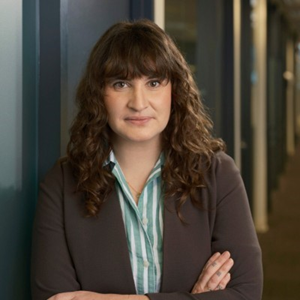
Maddy Kennedy-Parrott,M.Eng, P.Eng, CPHD
Building Science Engineer, Division Manager
RDH Building Science
Maddy splits her time between the Building Enclosure and Energy and Climate teams at RDH. She specializes in the integration of whole building energy modelling and building enclosure design to help buildings reach their highest performance potential, whether performance is analyzed through an energy, greenhouse gas emissions, climate resilience or occupant comfort lens. From existing building retrofits to typical new construction to Passive House projects, Maddy uses her unique expertise to deliver highly efficient buildings and advance industry knowledge on how enclosure and energy performance interact and influence one another.
Presentation: Calibrated Energy Models for Retrofit Planning: Case Studies for Social Housing
There are over 100,000 social housing units in BC, many of which are coming to the end of service lives for one or more major building components/systems. The Canada Greener Affordable Housing (CGAH) program offered through CMHC offers funding opportunities to address these major renewals in a way that can help social housing owners and operators solve ongoing building issues, address deferred maintenance backlogs, and improve tenants’ comfort and safety – provided the renewals also significantly reduce energy use and associated emissions in support of Canada’s climate action goals. The process of showing compliance with the ambitious targets tied to the CGAH funding involves calibrated energy modelling to properly validate the energy and emissions reduction potential of the proposed renewals.
RDH has undergone the CGAH application process for more than ten social housing buildings in need of major renewals, and this presentation gives a summary of these case study projects. We will summarize the standardized process developed to complete the work, identify where & why that process had to be modified for specific buildings, and discuss which steps in the process were the most difficult to achieve or how they could be streamlined. We will also outline the major findings from the projects: the major barriers to achieving energy model calibration, the patterns in energy use observed across the buildings, the typical retrofits required to achieve the ambitious energy and emissions targets and a general discussion of how deep energy retrofits can be achieved in a variety of social housing building types.
1:00 – 1:45pm
KEYNOTE SPEAKER
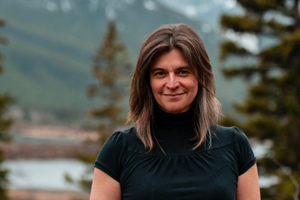
Betsy Agar
Program Director, Buildings
Pembina Institute
Betsy Agar is the director of the Pembina Institute’s buildings program. Through engagement, research and knowledge mobilization, she works on systems changes that will accelerate decarbonization of homes and buildings, such as through policy and regulatory reform and market transformation. Betsy’s work spans multiple government levels in Ontario, Alberta and B.C. on topics including deep retrofit market development team best practices, retrofitting for climate resilience, health, safety and affordability, industry readiness, and understanding our building stock.
Betsy’s prior professional experience includes buildings science engineering failure investigation, facility and bridge condition evaluation, design and field inspection; facilitation and convening dialogues as a co-creator of Renewable Cities at SFU Centre for Dialogue; research and teaching at McMaster University, as well as teaching at UBC and SFU. She has authored and participated in dozens of publications, presentations and media appearances.
Betsy holds a Professional Engineers Ontario licence and a Master of Applied Science degree from McMaster University. She is an active member on the BC Hydro Integrated Resource Plan Technical Advisory Committee the Fortis BC Energy Efficiency and Conservation Advisory Group, NRCan Green Construction through Wood Program Advisory Board, and the BC Ministry of Jobs, Economic Recovery and Innovation (JERI) Mass Timber Advisory Council; she previously served on the B.C. Sustainable Energy Association Board (2016-2018), Retrofit Canada Board (2019-2022) and ReCover Initiative Advisory Committee (2020-2024).
Presentation: The Accidental Building Science EngineerWe are already living and working in 80% of the buildings that will still be in operation by 2050. To meet 2050 emissions targets, Canada should be retrofitting to decarbonize an average of 600,000 homes every year. Amidst a clash of climate, housing, and affordability crises, and given we spend upwards of 90% of our time indoors, we have a once-in-a-generation opportunity to make buildings healthier, safer, more resilient, and affordable to heat and cool.
Through the learnings from six deep retrofit case studies coordinated through the Pembina Institute’s deep retrofit market development initiative, Reframed, we will explore the big barriers, such as utility and local government readiness for electrification, that remain in the way of B.C.’s sophisticated industry. We will look at outdated public procurement practices limiting the potential for projects to tap into benefits beyond energy efficiency, as well as design practices that fail to methodically recognize risks (such as climate impacts) and design to mitigate their impacts or unlock complementary benefits (such as adding insulation and air sealing at the same time as seismic upgrades) that ultimately reduce total cost of building ownership, especially considering insurance or recovery costs.
We will consider the silver lining impacts of major disruptive events, such as COVID and extreme weather, in amplifying the ubiquitous benefits of high-performance building envelopes and HVAC systems that most take for granted—when they are working well. The general public and elected official are more aware than ever of the role buildings can play in ensuring safety during major events, in providing better indoor air quality, and reducing energy poverty. These are manifesting in provincial and local maximum temperature regulations, highest equipment efficiency standards, incorporation of resilience into the national model building codes, national flood mapping, among others.
Finally, we will consider the complex ecosystem of actors mobilizing around improving building performance. For utilities and regulatory and policy decision-makers, insurance, investment, and lending bodies, supply chain and workforce champions, through to building owners and occupants, the economic risk of doing nothing is becoming as clear as the economic opportunity. Inspired by the Netherlands’ Energiesprong, NRCan’s Deep Retrofit Accelerator Initiative is mobilizing in centres distributed across Canada to scale up building decarbonization and transform the market.
Building science is on the tongues of policy makers, financial institutions, insurers and even media; we’ve made it, buildings are finally sexy!
2:15 – 3:00pm
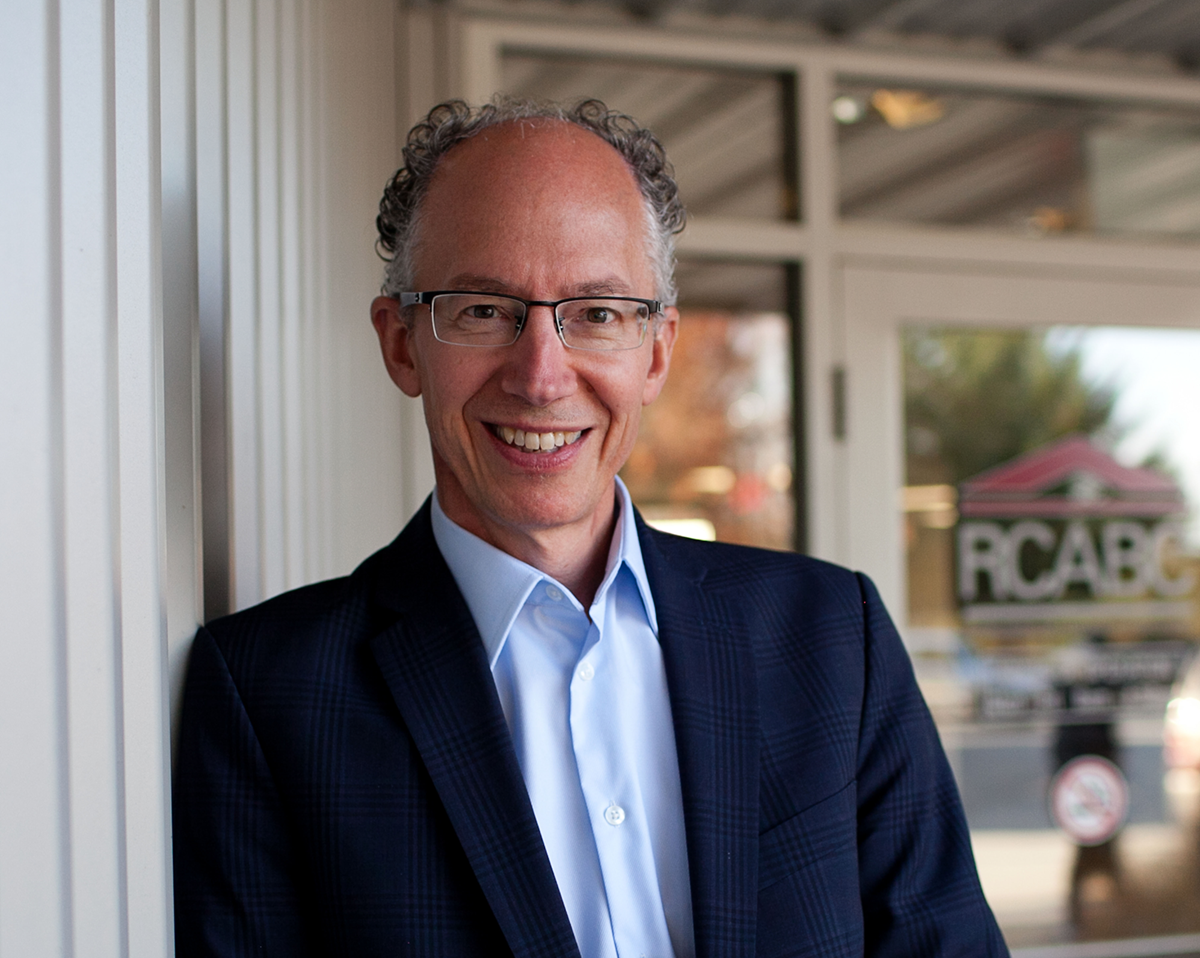
Laurence Matzek
Director, RoofStar Guarantee Program
RCABC
Since October 2015, Laurence is the RoofStar Guarantee Program Director at the Roofing Contractors Association of British Columbia (RCABC). He and his staff oversee the RoofStar Guarantee Program, develop and maintain the Standards in the Roofing Practices Manual in collaboration with the Technical Committee, and provides technical support to Owners, Architects, Roof Consultants and Roofing Contractors ensuring good roofing design and application. His work also includes local research projects, national technical committees and research projects with the National Research Council Canada.
Presentation: Roof Replacement Options – Do We Have to Tear It All Off?
There are three choices supported by the RCABC Guarantee Corp when it comes to replacing a roof:
1. Roof System Replacement: Full removal to the structural deck and a new assembly installed
2. Partial Replacement: removal of the existing membrane while retaining the existing insulation with installation of a new coverboard and membrane system
3. Recover: Installing a new coverboard and membrane system over the prepared existing roof assembly
The RCABC Guarantee Corp (RGC) has Standards relating to these three methods published in the Roofing Practices Manual. This presentation will discuss some of the benefits and shortcomings of each method, including trends over the last 5 years.
3:30 – 3:55pm
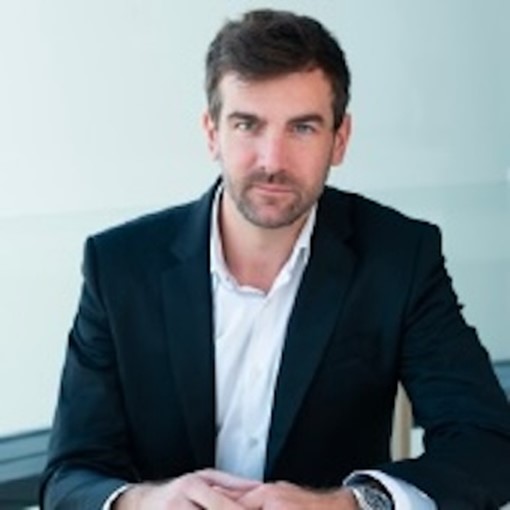
Vincent Delfaud, Architect DE
Vice President, Design & Sustainability
Bosa Properties
Since 2002, Vincent Delfaud has spent his time as a Design Architect and Executive Architect for several iconic projects across Europe and North America with deep integration across all phases of his projects—from concept to design development and contract administration. Delfaud has extensive experience with high-rises, including complex structure and geometry designs, having worked on the Shard and 20 Fenchurch St (known as the Walkie Talkie) in London, UK; San Paolo IMI office tower in Torino, Italy; Marseille Velodrome Stadium and Marseillaise Tower in France; and most recently the Google Headquarters in California and the Stack in Vancouver, Canada. As of 2022, Vincent transitioned from his architecture practice to lead IPB Group’s in-house Design Studio across the entire portfolio.

Ayden Kristmanson, Sustainability Specialist
Bosa Properties
Ayden Kristmanson is the Sustainability Specialist at Bosa Properties, and leads BPI’s sustainability strategy and reporting initiatives, from operational greenhouse gas emissions, embodied carbon, waste and more. Ayden is also the Programming Chair for ULI’s Net Zero Imperative curating a series of events and webinars for ULI and the urban realm community at large, and works with the Technical Advisory Panel as well.
Presentation: Embodied Carbon in Real Estate: Aligning Customer, Investor, and Regulatory Values for a Sustainable Future
As the global real estate and construction sectors increasingly confront the dual challenges of reducing carbon emissions and aligning with the evolving expectations of both customers and investors, addressing embodied carbon—the total emissions from material production, transportation, and construction to operation—becomes crucial. This presentation will insights into the customer-centric perspective on embodied carbon, demonstrating how sustainable building practices not only benefit the environment but also resonate with modern consumer and will help developers align with investor values.
Comparative Project Efficiency and Benchmarking: By analyzing case studies from various regions and of various uses, we will compare how different projects differ in embodied carbon footprint. We will explore how benchmarking practices can standardize carbon measurement, enhance transparency, and provide a clearer understanding of project efficiency. This segment will offer insights on using these benchmarks as key differentiators in an increasingly competitive market.
Convergence of Customer, Investor, and Authorities Having Jurisdiction Emission Reduction Values: Sustainability is no longer a niche concern—as investors and municipalities alike are prioritizing projects that align with low-carbon principles, we’ll delve into how consumer demand for better more livable dwellings is converging with those broader mandates.
We will discuss strategies that real estate developers, construction firms and municipalities can adopt to help convergence of these values, highlighting the financial, reputational, and environmental benefits
This presentation aims to understand and discuss the gaps between emissions reduction, customer desirability, investor responsibility, and governing bodies mandates highlighting the crucial role embodied carbon will play in shaping the future of real estate. Sustainable development is not just an environmental imperative—it’s an opportunity to create more lasting value for all stakeholders
4:00 – 4:25pm
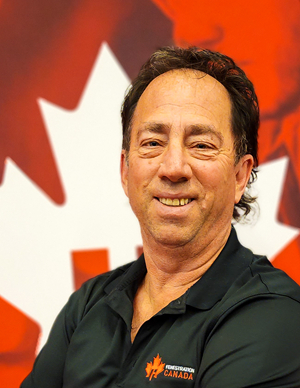
Terry Adamson, Technical Director
Fenestration Canada
Terry Adamson began his career in the fenestration industry in 1985. The technical aspects drew him to all facets of product development and design with stops in logistics, production, purchasing, sales, and management. With over 20 years of involvement with the Fenestration Association of BC and Fenestration Canada, including terms as Association President in both, he is committed to supporting the industry. Terry joined Fenestration Canada as their Technical Director in 2021 supporting manufacturers faced with confusing building codes, and challenging market conditions. Always ready to voice his opinion or listen to others focused on finding positive solutions, after 39 years he learns something new every day.
Presentation: Field-testing window installations: issues and recommendations for the industry
British Columbia has long led the country in the requirement for field testing of fenestration products for water penetration. Driven by the “leaky condo crisis” of the 1980s has this activity matured since those early days? Are buildings better for it? This session will provide a fenestration industry perspective of water penetration testing today.
As buildings and the climate change improving building envelopes has become increasingly critical. For decades fenestration products and their installations have faced on-site water penetration testing. After all this time the maturity of this process has not evolved. The fenestration industry is faced with incomplete specifications, complicated installation details, poor installations, unrealistic performance requirements, and an unregulated testing industry. Driven by these challenges Fenestration Canada launched a Task Group to better understand the current state and provide guidance to members facing these challenges.
This presentation will share some of the insights and recommendations the group is discussing.